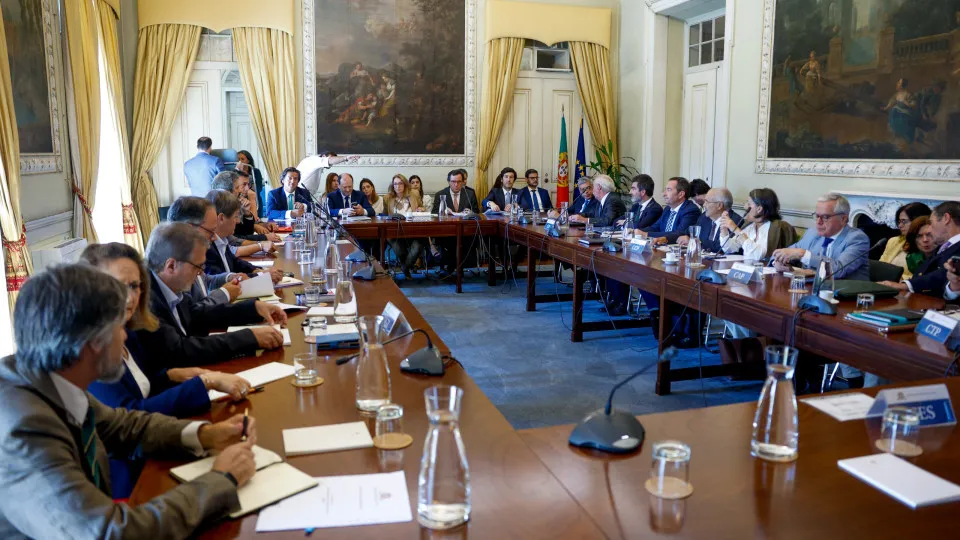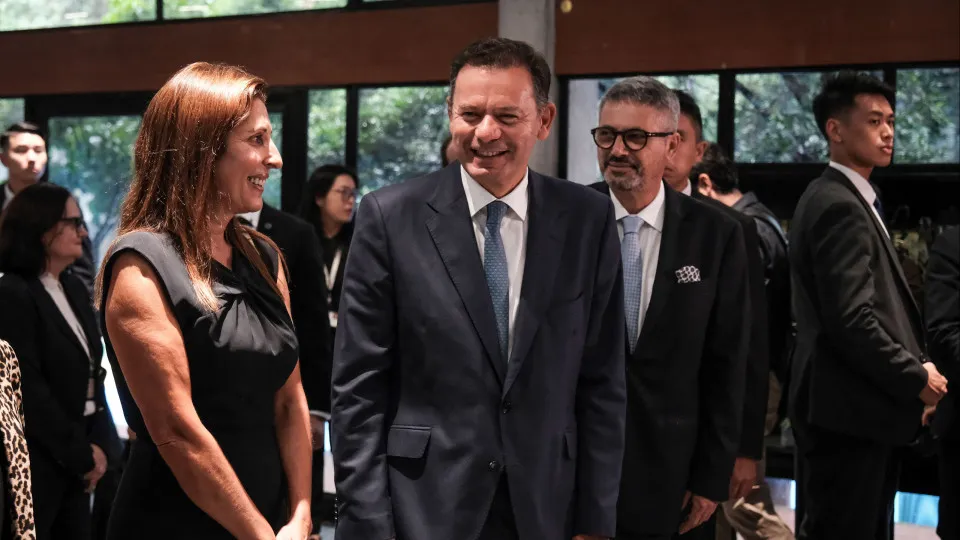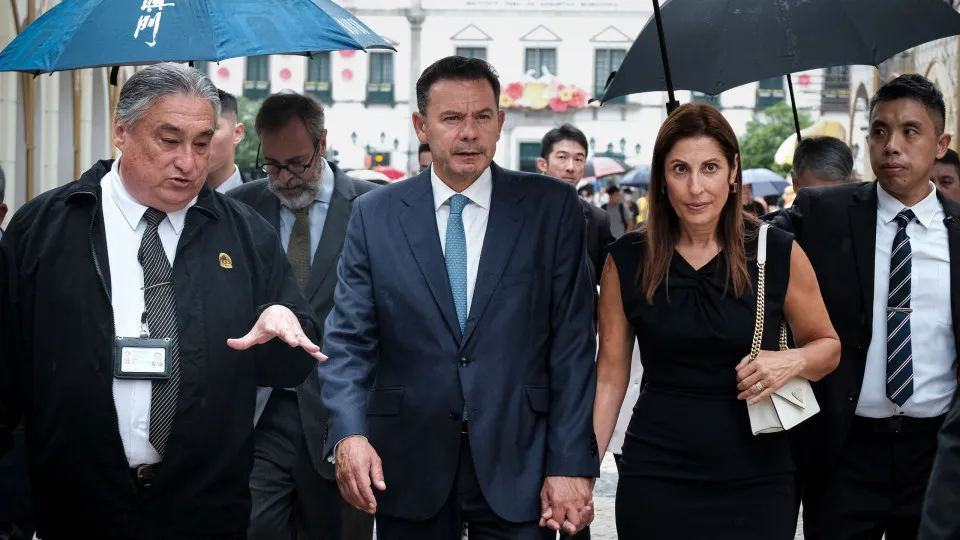
The meeting is scheduled to commence at 3:00 PM at the headquarters of the Economic and Social Council (CES) in Palácio das Laranjeiras, Lisbon. Topics on the agenda include monitoring the 2025-2028 tripartite agreement on salary valorization and economic growth, among others.
Presided over by the Minister of Labor, Solidarity and Social Security, Maria do Rosário Palma Ramalho, this will be the first social consultation meeting following the government’s presentation of the draft labor law reform on July 24, which plans to review “more than a hundred” articles of the Labor Code.
Since then, bilateral meetings have been taking place between the government and social partners, according to an official source from the Ministry of Labor.
The proposed changes from the executive range from parental issues (including parental leave, breastfeeding, and gestational mourning) to flexible working, company training, or trial periods of work contracts, and also foresee an expansion of sectors covered by minimum services in case of strike.
Business confederations have welcomed the proposal while noting there is room for improvement.
In statements to Lusa, the Portuguese Business Confederation (CIP) indicated that among the proposals it will bring to today’s meeting is a clarification of the concept of unsuitability for a job position in the event of dismissal, aiming to avoid arbitrariness and reduce legal disputes.
Regarding time management, the confederation led by Armindo Monteiro considers the current labor code to be “very much based on clock-in systems” and will thus advocate for a clause that takes performance indicators into account, allowing tasks or jobs to be done at a preferred schedule.
The other business confederations remain reserved, not disclosing their proposals for the meeting.
Trade unions have been highly critical of the government’s draft proposal, arguing that it “weakens workers’ rights,” with the General Confederation of Portuguese Workers – Intersindical Nacional (CGTP) urging the government to withdraw the proposal from discussion.
The CGTP’s general secretary stated that “there are two or three measures” in the government’s draft labor law revision that are unconstitutional, citing examples related to dismissals for just cause or collective bargaining.
The general secretary of the General Union of Workers (UGT) maintained that this is “not a reform, but a rupture” and warned that if the government remains “intransigent,” a general strike is not off the table. He accused the government of engaging in “a settling of scores with the Decent Work Agenda.”




